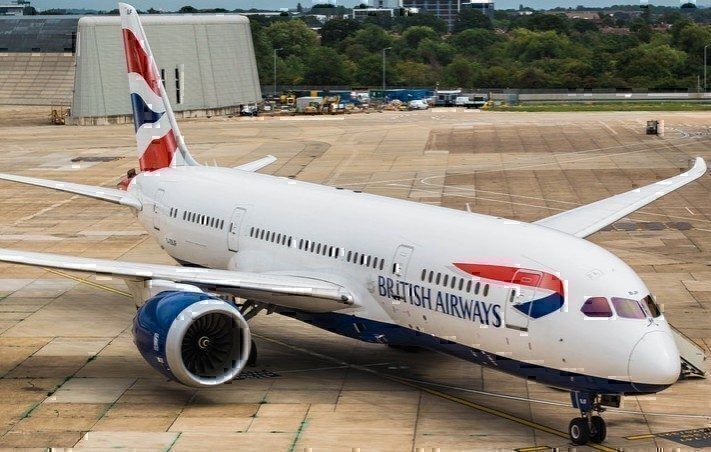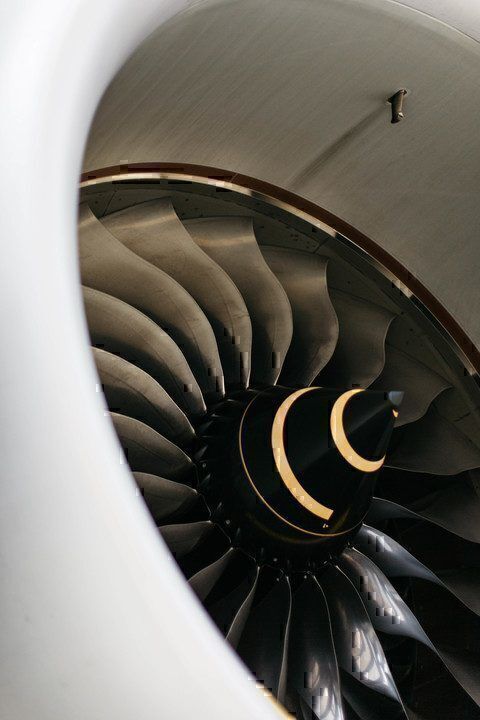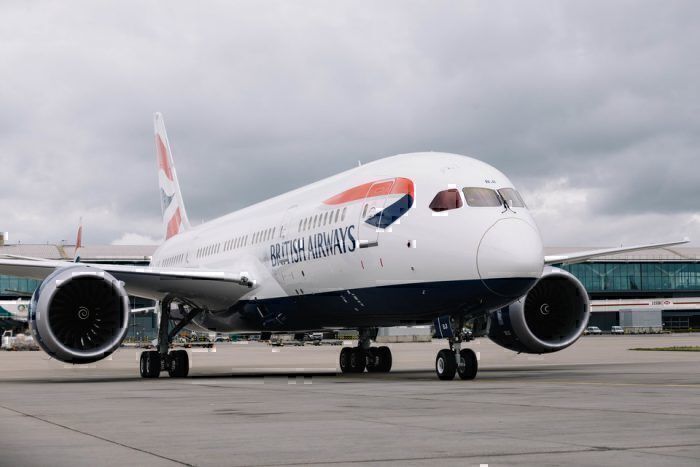A British Airways 787-8 diverted to Istanbul on Saturday 5th June 2019 following reports of engine trouble.
BA036 enroute from Chennai to Heathrow was approximately 150 nautical miles east of Istanbul when one of the Dreamliner's two engines began having some issues. The plane diverted to Istanbul Airport and landed safely thereafter with no injuries to passengers or crew
British Airways have 12 787-8's in their fleet, carrying 214 passengers. Saturday's diverted flight had 211 passengers aboard.
British Airways issues with 787 Dreamliners
It's the latest in a run of issues British Airways have had with the 787 fleet.
In April 2019, a 787-9 flying from Heathrow to Delhi experienced a sudden loss of cabin pressure over Belgium, seeing oxygen masks drop and the aircraft head back to England.
In August 2018 a 787-9 flying from Heathrow to Moscow had engine problems over Latvia, forcing the plane to turn back to London. A month later, in September 2019, a British Airways 787-9 enroute from Heathrow to Calgary had to divert to Iqaluit in Canada after fumes were reported by the flight crew.
As reported in Simple Flying earlier this week, British Airways grounded several of their 787s amid issues with the Rolls Royce Trent 1000 engines. This is affecting not only British Airways but several other airlines. Rolls Royce has called the situation unacceptable.
Engine issues
The Rolls Royce manufactured Trent 1000 engines are one of two engine options for Boeing's 787 - the other is the General Electric GEnx. The issue for the Rolls-Royce engines have been cracks appearing in the engine blades. The problem has been ongoing for some time.
In 2018, the FAA issued guidance that aircraft using the Trent 1000 engine must be within two and a half hours of a diversion airport. This briefly halted long haul over ocean flights that many airlines were planning.
That advice has since been lifted, seeing the 787 start to cross oceans again, but the fundamental issue surrounding the engine blades still hasn't been fixed.
While the 787 can fly perfectly safely on one engine, no-one enjoys an unexpected engine issue mid-flight. Engine shutdowns and diversions undermine confidence in the aircraft and the airline flying them. And that's without mention of the cost and inconvenience. In a media statement recently, Rolls Royce said ;
“We deeply regret the disruption that we have caused our customers and the unacceptable level of customer disruption that we see across the fleet.”
It's probably cold comfort to airlines like British Airways. They have had to scramble to find replacement aircraft for their grounded 787s. The ongoing problem has been largely flying under the radar in the face of much more publicised problems at Boeing. The 737 MAX groundings affect many more airlines and have sucked up the majority of the media (and Boeing specialists) attention.
The impact on the 787's future
While the public may be largely unaware of the issues with the Trent 1000 engines, the airlines certainly are aware. As such, it has been having an impact on Boeing's 787 order book.
Recent orders have been sluggish. It came after the 787 was launched several years ago amid great fanfare and high expectations. Airlines vied to be the first to get it in the skies, akin to the race to be the first to get the A380 up in the early 2000s.
The hex may have broken yesterday when Korean Airlines placed an order for 20 787s, 10 787-8s and 10 787-9s. It was Boeing's first sale at the 2019 Paris Air Show.
The 787 is a beautiful aircraft to fly on from a passenger's perspective. This writer is booked to do the 17 hour non stop haul on the 787-9 from Perth to Heathrow in 2020, and is looking forward to it.
It's in everyone's interests to sort out the Trent 1000 engine issues. Until then, mid flight interruptions such as last Saturday's British Airways diversion are likely to keep happening.




